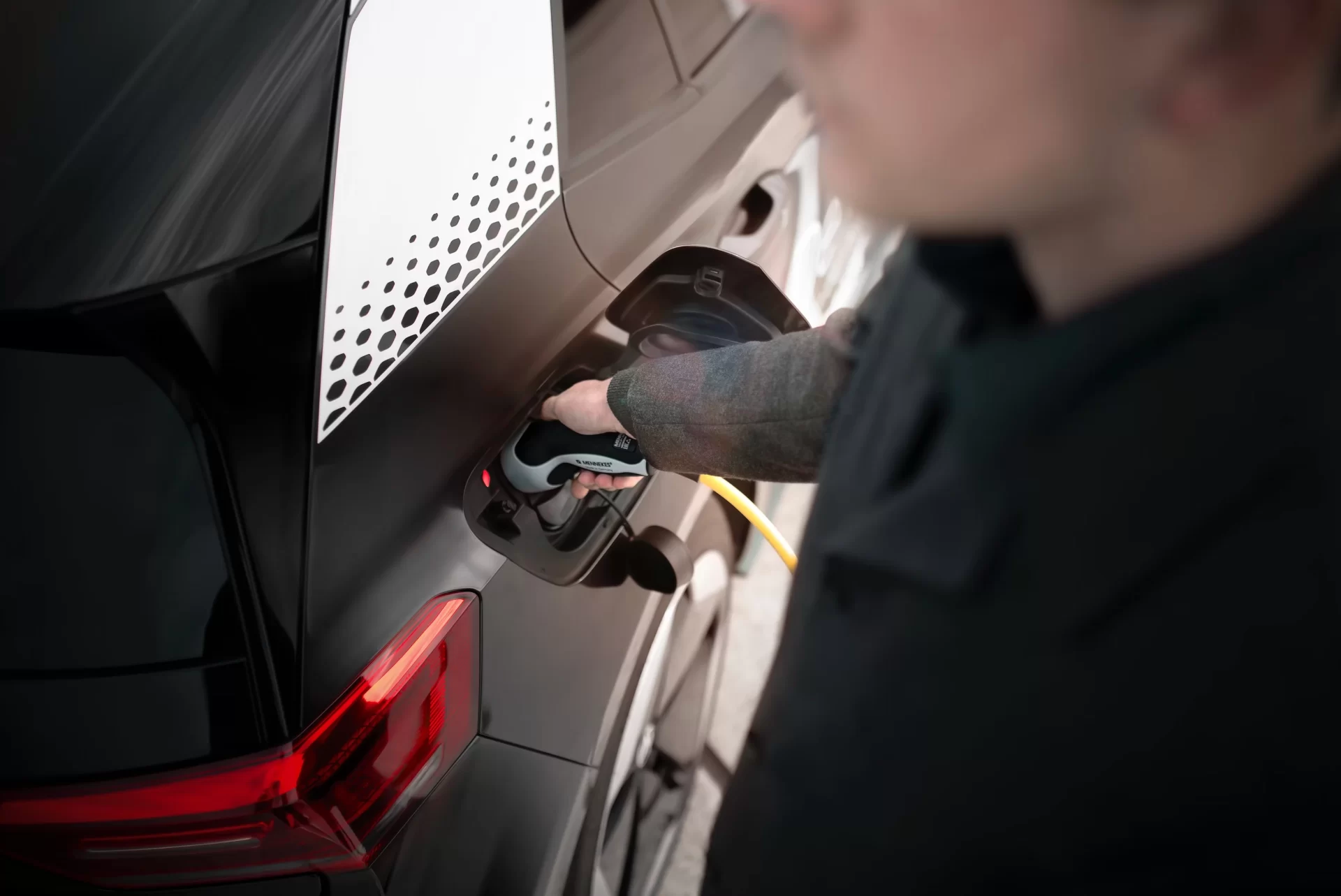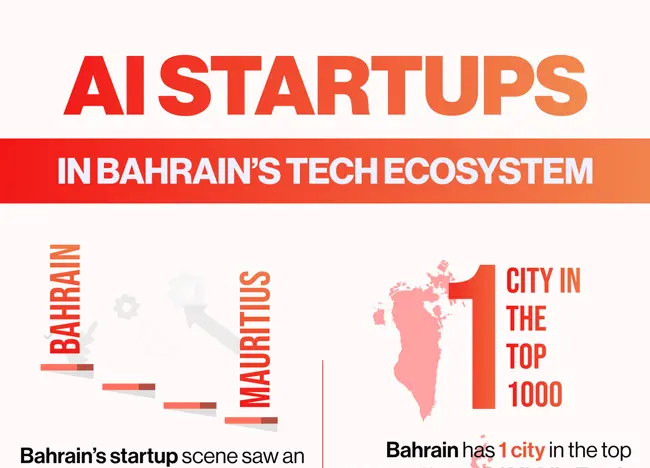Introduction
As the world shifts towards sustainable transportation, electric cars are set to play a significant role in shaping the future of mobility. Saudi Arabia, known for its vast oil reserves, is also recognizing the importance of electric vehicles (EVs) in reducing carbon emissions and diversifying its energy portfolio. In this article, we will explore the future of electric cars in Saudi Arabia, focusing on the initiatives of the Center for Energy Efficiency and Renewable Energy (CEER) and its impact on the development and adoption of EVs in the country.

1. The Current State of Electric Cars in Saudi Arabia
Saudi Arabia is witnessing a growing interest in electric cars, fueled by global efforts to combat climate change and reduce dependence on fossil fuels. The current adoption rate of electric cars in the country is still relatively low compared to traditional combustion engine vehicles, but the government and various organizations are working towards accelerating the transition.
2. The Role of CEER in Promoting Electric Cars
The Center for Energy Efficiency and Renewable Energy (CEER), an initiative by the Saudi government, plays a crucial role in promoting electric cars and sustainable transportation in the country. CEER focuses on developing energy-efficient solutions and renewable energy technologies to reduce carbon emissions and enhance energy efficiency across various sectors, including transportation.
CEER collaborates with local and international stakeholders to drive the adoption of electric vehicles. They conduct research, develop policies, and provide support for the implementation of sustainable transportation solutions. Their efforts aim to create a favorable environment for electric car manufacturers, investors, and consumers in Saudi Arabia.
3. Infrastructure Development for Electric Vehicles
To support the growth of electric cars, Saudi Arabia is investing in the development of charging infrastructure. The government, in collaboration with CEER, is actively installing public charging stations in key locations such as shopping malls, hotels, and public parking areas. This initiative ensures convenient access to charging facilities for electric vehicle owners and encourages their widespread adoption.
Moreover, the private sector is also actively participating in building a comprehensive charging network. Companies are establishing fast-charging stations along highways and major routes to enable long-distance travel for electric car owners.
4. Market Trends and Electric Car Models in Saudi Arabia
The market for electric cars in Saudi Arabia is gradually expanding. Several international automakers, including Tesla, Nissan, and BMW, have introduced their electric models in the country. These vehicles offer impressive performance, extended range capabilities, and advanced features, making them appealing options for environmentally conscious consumers.
The Saudi government's commitment to sustainable transportation, coupled with the efforts of CEER, has created a positive market environment for electric cars. Increased model availability, advancements in battery technology, and competitive pricing are expected to drive the growth of electric vehicle sales in the coming years.
 5. Challenges and Opportunities for the Electric Car Industry
5. Challenges and Opportunities for the Electric Car Industry
While the future of electric cars in Saudi Arabia looks promising, the industry still faces challenges. One significant hurdle is the limited range of electric vehicles compared to traditional cars. However, ongoing advancements in battery technology are gradually increasing the range capabilities of electric cars, making them more suitable for long-distance travel.
Another challenge is the establishment of a robust charging infrastructure across the country. Although progress has been made, the expansion and standardization of charging stations are essential to alleviate range anxiety among potential electric car buyers.
Opportunities lie in leveraging Saudi Arabia's abundant renewable energy resources, such as solar power, to support the charging infrastructure. By integrating solar energy into the grid, electric cars can be charged using clean and sustainable energy sources, further reducing carbon emissions and dependence on fossil fuels.
Conclusion
The future of electric cars in Saudi Arabia is promising, thanks to the combined efforts of the government, CEER, and various stakeholders. The increasing awareness about the importance of sustainable transportation, coupled with infrastructure development and market trends, indicates a positive trajectory for the adoption of electric vehicles in the country. With ongoing advancements in technology and supportive policies, Saudi Arabia is poised to embrace a cleaner and greener transportation future.
Frequently Asked Questions
What is CEER?
CEER stands for the Center for Energy Efficiency and Renewable Energy. It is an initiative by the Saudi government to promote energy efficiency and renewable energy technologies across various sectors, including transportation.
How is CEER promoting electric cars in Saudi Arabia?
CEER collaborates with local and international stakeholders to develop policies, conduct research, and provide support for the implementation of sustainable transportation solutions, including the adoption of electric vehicles.
What is the role of CEER in infrastructure development for electric vehicles?
CEER works in collaboration with the government and the private sector to establish a comprehensive charging infrastructure for electric vehicles in Saudi Arabia. They ensure the installation of public charging stations in key locations and support the establishment of fast-charging networks along major routes.
Which electric car models are available in Saudi Arabia?
Several international automakers, including Tesla, Nissan, and BMW, offer their electric car models in Saudi Arabia. The Tesla Model S, Nissan Leaf, and BMW i3 are some popular electric car models available in the country.
How can Saudi Arabia leverage renewable energy for charging electric cars?
By integrating renewable energy sources like solar power into the grid, Saudi Arabia can charge electric cars using clean and sustainable energy, reducing carbon emissions and dependence on fossil fuels.







